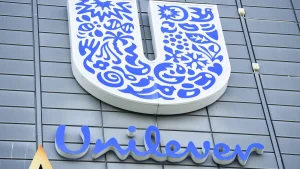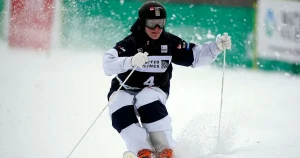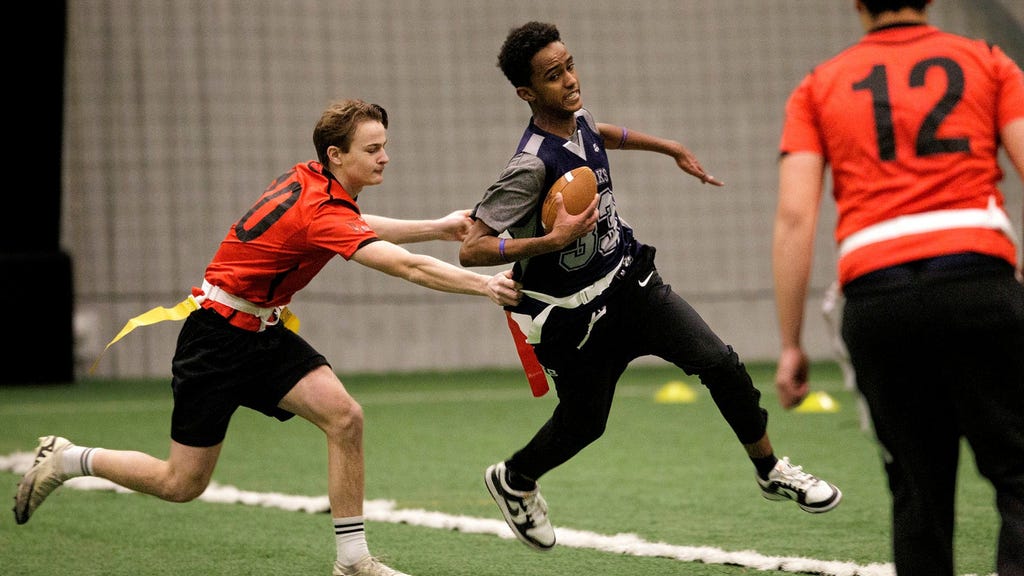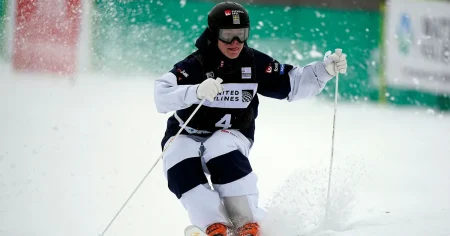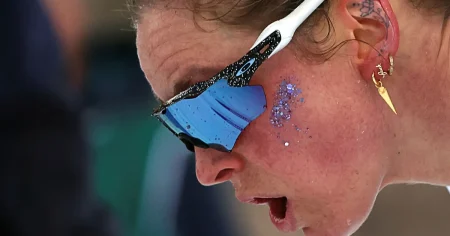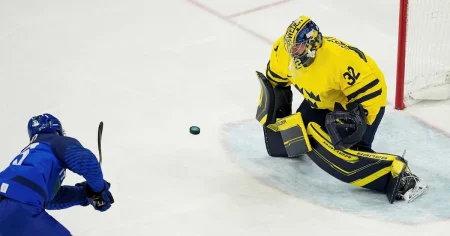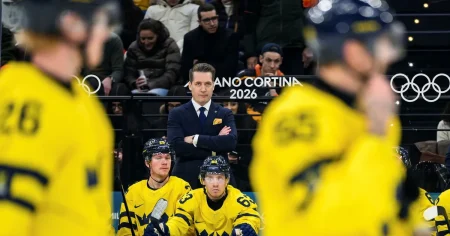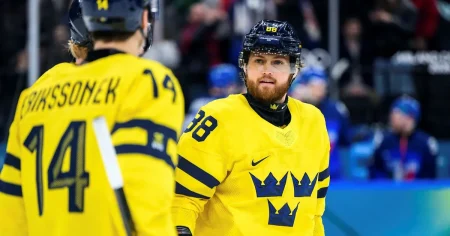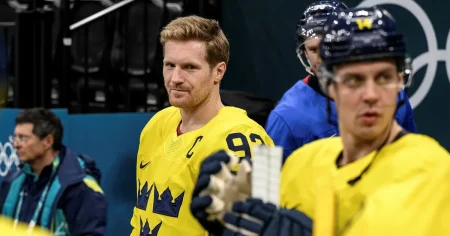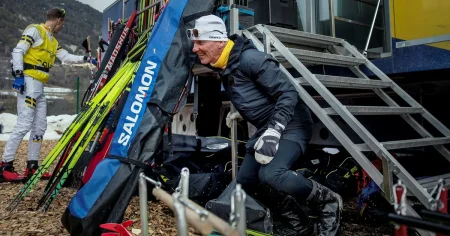The Rise of Flag Football in Sweden: From Schoolyards to the Olympics
Flag football, a non-contact variation of American football, is gaining traction in Sweden, fueled by its inclusion in the 2028 Los Angeles Olympics and grassroots initiatives aimed at introducing the sport to school children. Carlos Barillas, project leader for school collaboration at Swe3, the Swedish federation for American football, land hockey, and flag football, has been instrumental in spearheading this movement. Over the past year, Barillas has toured schools, many in underserved areas, showcasing the dynamic and engaging nature of flag football. The overwhelming positive response from students and teachers alike has validated his efforts, transforming what began as a chance encounter into a dedicated mission. This burgeoning interest culminated in the first-ever flag football school tournament held in Sweden, drawing nearly 190 children to Vilunda football hall near Stockholm.
The tournament in Upplands Väsby, north of Stockholm, marked a significant milestone for flag football in Sweden. Initially anticipating a modest turnout, organizers were astounded by the overwhelming interest, forcing them to close registration early due to capacity limitations. The event showcased the enthusiasm of young players from various schools in the Stockholm area, as well as several teams from Årbyskolan in Eskilstuna. For many of these students, the tournament represented their first formal introduction to the sport, having only experienced it previously during physical education classes. Despite initial unfamiliarity with the rules, the children quickly grasped the fundamentals and embraced the fast-paced, collaborative nature of the game. The tournament not only provided a platform for competition but also served as a testament to the sport’s accessibility and appeal.
The essence of flag football lies in its removal of physical tackles, replaced by the snatching of flags attached to players’ belts. This adaptation transforms American football’s intense physicality into a more inclusive and less injury-prone activity. This unique approach aligns with the growing emphasis on promoting safe and accessible sports for youth. The International Olympic Committee’s decision to include flag football in the 2028 Los Angeles Olympics further legitimizes the sport and promises to elevate its global profile. This international recognition is expected to generate greater interest and investment in flag football development worldwide, including in Sweden.
While flag football is a relative newcomer to the Swedish sporting landscape, its growth potential is immense. Currently, there are 15 licensed flag football clubs in Sweden, with approximately 260 players, primarily young adults and older teenagers competing in senior leagues. The youth development program is still in its nascent stages, but Monika Stylin, development officer at Swe3, is optimistic about the future, citing a significant increase in player numbers compared to the previous year. The focus now shifts to capitalizing on the momentum generated by the school tournament and other grassroots initiatives. Sustaining engagement and providing a positive training environment are crucial to cultivating long-term interest and establishing a robust youth program.
The challenge lies in converting the enthusiasm generated by school programs into consistent club participation. Existing clubs face the pressure of accommodating new players and providing adequate coaching and resources. The "ketchup effect" – the anticipated surge in interest following the school initiatives – is eagerly awaited, but its realization requires concerted effort and strategic planning. Exploring innovative training models, such as joint sessions with adult or tackle football teams, could offer alternative pathways for development. Overcoming logistical hurdles and maintaining momentum are essential for establishing a solid foundation for flag football’s future in Sweden.
The success of the Upplands Väsby tournament has sparked further interest and demand for similar events. Plans are already underway for a larger tournament in the spring at Stadshagens IP in Stockholm, accommodating more teams and schools. Additionally, local tournaments within individual schools, including Årbyskolan in Eskilstuna, are being considered. The vision extends beyond simply teaching the mechanics of the game. Carlos Barillas emphasizes the broader values instilled through flag football, including teamwork, leadership, and inclusivity. The ultimate goal is to create a vibrant and sustainable flag football culture in Sweden, nurturing young talent and potentially fostering future Olympic contenders. The journey is just beginning, but the early signs suggest a bright future for flag football in Sweden.


